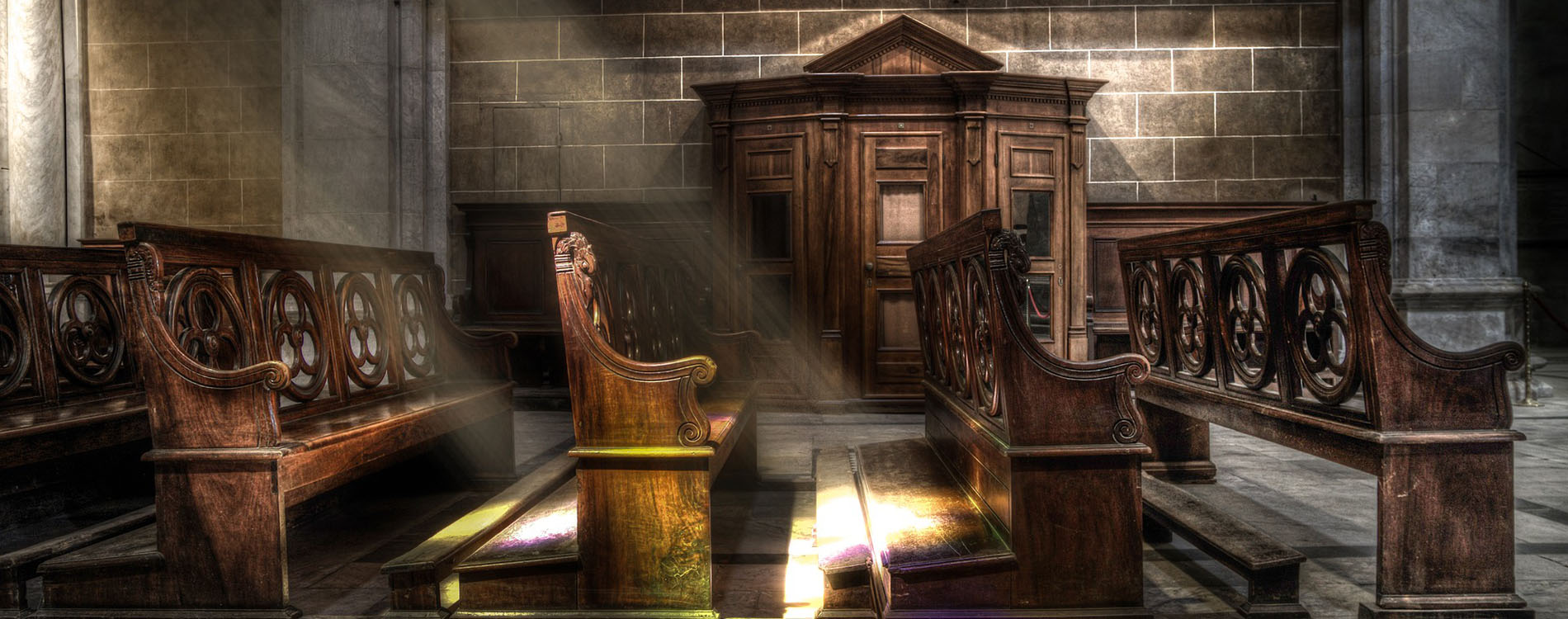By the end of the first millennium there was confrontation between the Eastern Church and the Western Church and in 1054 there was a division of the Church into Eastern and Western Churches. The Eastern Church was called “Greek” or “Orthodox” and the Western Church was called “Latin” or “Catholic”. More than once after the separation of the Churches there were attempts to conclude a union, subordinating the Eastern Church to the Roman Pope. For example, the Union of Lyon, the Union of Brest, etc.
Since the separation the differences between the Churches have been aggravated. New dogmas were being introduced into the Western Church. During the active preaching of indulgences in the Western Church a schism began . Protestantism emerged in the 16th century, opposing Catholicism. Within Protestantism itself, many currents were forming. The most common are Lutherans, Calvinists, Anglicans, Baptists, and Pentecostals.
Thus, the most common denominations now in Christianity are: Catholicism, Protestantism, Orthodoxy, and Dochalcidonites.
Heresies in Christianity
Throughout the history of Christianity there have been many Christian heresies within Christianity. There have been attempts to link paganism with Christianity, culminating in the emergence of Gnosticism. The history of the Ecumenical Councils is the history of the struggle against various doctrines within Christianity: Arians, Nestorians, Monophysites, Monothelites, etc. Because of the emergence of many different doctrines, the Christian Church had to formulate its doctrine more clearly, to emphasize certain points, to distinguish where the true doctrine of Christ and where it was an error.
Christians recognize the Bible-the Old Testament and the New Testament-as one and the same Scripture. The word “Bible” comes from the Greek “τα βιβλια,” which means “books. The term “covenant” means a union, a covenant, i.e., it is God’s covenant with His people. The essence of this covenant is that God leads man to salvation, and man keeps the commandments of God. The Scriptures of the Old Testament are not of absolute importance to Christians. Its importance is that it is also divine revelation. In defining the significance of the Old Testament, the Apostle Paul called it a child-guide to Christ.
There are slight differences among the various denominations in their recognition of the canonicity of some books of the Old Testament.
Christians recognize four gospels (Matthew, Mark, Luke, and John). Over time, after the death of the apostles, false gospels began to appear, inscribed with the names of the apostles. But these writings were never recognized by the Church and were called “apocrypha.
Christian doctrine is based on Scripture. Although some dogmatic terms are not found in Scripture (Trinity, Coessential), they are essentially present. For example, Jesus Christ taught about the Father, the Son, and the Holy Spirit being one God. Thyophilus of Alexandria coined the term “Trinity” to refer to the Father, Son, and Holy Spirit. The term “of one essence” was taken from philosophy to refer to such words of Christ as “I and the Father are one.
Christianity is a religion of salvation, and salvation is through Jesus Christ. The meaning of the Christian life is deification, i.e., Godlikeness.
The main commandments are to love God with all your heart, mind and will and to love your neighbor as yourself. Moreover, if one does not love his neighbor, he cannot love God.
The essence of Christianity rests in Jesus Christ Himself, God incarnate. He came to earth to save people from the power of sin over man and to heal human nature, which was infected by sin. God took human nature, but He Himself had no personal sin, and He healed it by His resurrection in which the transfiguration of human nature took place. For this reason, the doctrine of the Resurrection of Jesus Christ is the central dogma of Christianity, and without this dogma Christianity loses its meaning.
The term “Church” has two meanings, one broad and one narrow. In the broad sense, Christ established His Church on earth, promising that it would remain in the world until the end of time and the gates of hell would not prevail against it. The church appears in Scripture as an image of a human organism, with Jesus Christ Himself as the head and His followers as members/parts of the organism. “Church” in Greek is “ekklesia,” which means “assembly. The day of the Descent of the Holy Spirit upon the apostles (Pentecost) is considered the birthday of the New Testament Church. From this day the worldwide preaching of Christianity began. There were thousands who believed. Initially, preaching occurred with extraordinary gifts from God: preaching in different languages, healings, prophecies, etc. In a narrow sense, the church is founded congregations of Christians in different cities.
